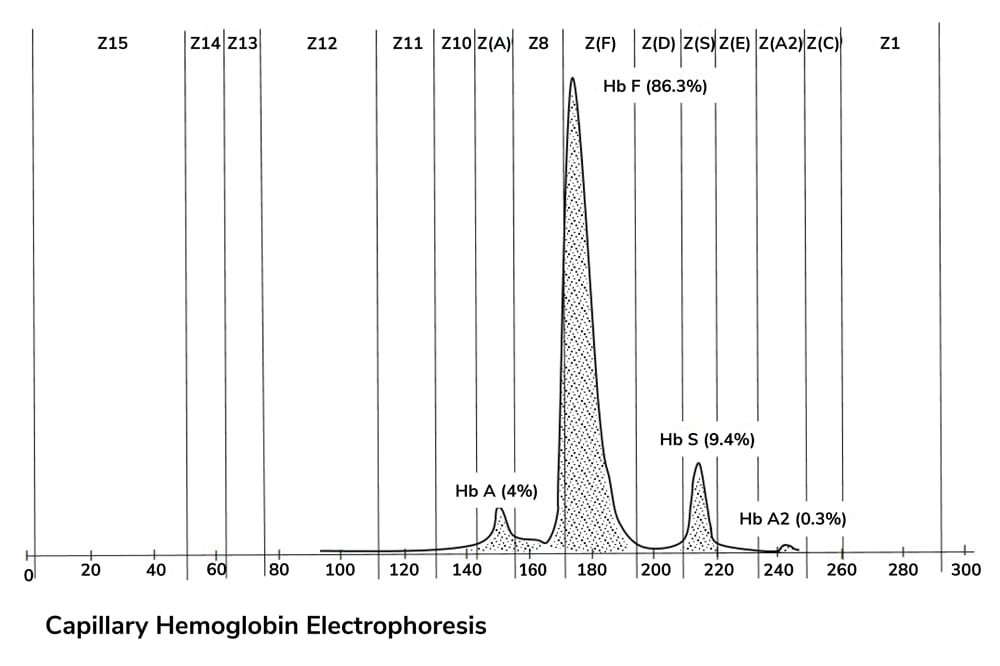Cardiac troponin can be used as an independent early indicator of end-stage kidney disease, and death, new study suggests

Cardiac troponin T (cTnT) is an extremely valuable biomarker, most well-known for its use in detecting damage to the heart muscle. But the protein can also come in useful in a range of conditions that may have a link to cardiac injury – and a recent study has shown for the first time that cTnT can independently provide prognostic information on end-stage renal disease (ESRD) and mortality in people with hypertension (1). The study involved 3,050 individuals with a family history of hypertension, and looked at both African Americans and Caucasians – an important point, as previous studies have found that African Americans have much higher kidney disease rates compared with Caucasians (2). The researchers found that regardless of race, or baseline kidney function, cTnT accurately indicated an increased risk of kidney failure and death (1).
In study participants with elevated cTnT, the cumulative estimated risk of death at 10 years was 47 percent, compared with 7.3 percent among those with normal cTnT levels – and incidence of ESRD was 27 percent, compared with 1.3 percent in those without elevated cTnT levels. “This study demonstrates to physicians everywhere that we are getting closer to accurately predicting future disease and death by examining this one marker. This is important, because, as with many diseases, accurate, early detection means we can more quickly recognize and efficiently treat the disease before it fully manifests – potentially improving a patient’s quality and quantity of life,” says co-author of the paper, LaTonya Hickson. Despite these promising findings, further study is needed, as abnormal cTnT levels are not prevalent enough in the group studied to significantly improve risk prediction. However, the authors note that it may be possible to identify subgroups of patients who could potentially benefit from this type of screening.
References
- LJ Hickson et al., “Troponin T as a predictor of end-stage renal disease and all-cause death in African Americans and whites from hypertensive families”, Mayo Clin Proc, 90, 1482–1491 (2015). PMID: 26494378. National Institute of Diabetes and Digestive and Kidney Diseases, “Race, Ethnicity and Kidney Disease”, (2014). Available at: http://1.usa.gov/1MRXU0g. Accessed November 9, 2015.




